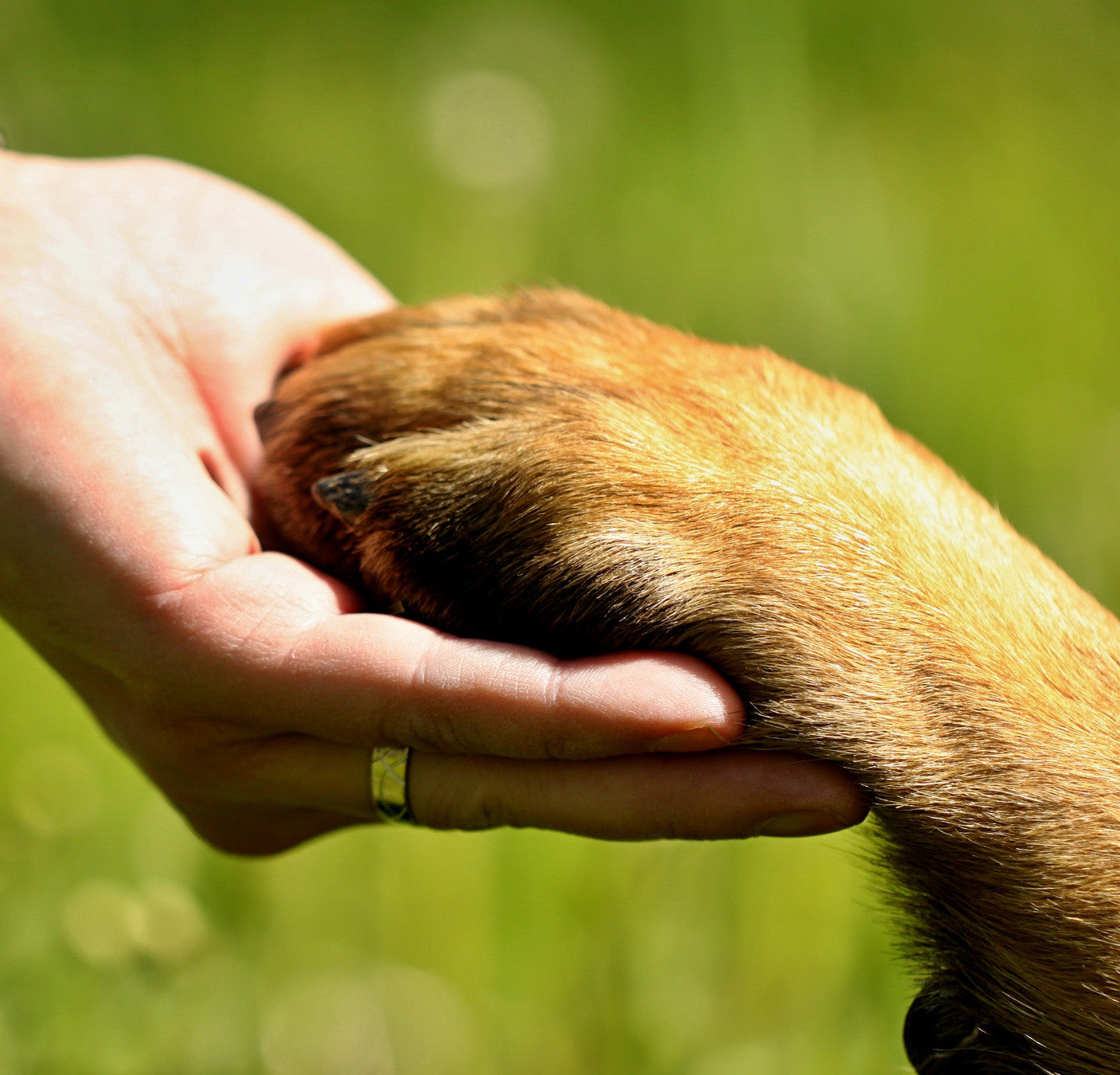
7 SIGNS YOUR DOG IS OVERWEIGHT
We're all aware of the importance of taking care of our health and the benefits of being fit, eating well, and exercising. That's why we invest time and money in it. Some don't hesitate to spend large sums on a gym membership, a treadmill, organic food, or natural health products. It may be difficult, but we make an effort to go for a jog in the morning or go to our Pilates class after a long day at work. Why? Because we want to take care of ourselves. But could it be that in this area, we tend to neglect our dog?
Is your dog overfed? Is he getting enough exercise? Just as excess weight and obesity can have disastrous effects on human health, they can jeopardize your dog's physical balance. Obesity leads to numerous health problems: diabetes, respiratory diseases , arthritis, joint disorders , and even behavioral problems or a reduced life expectancy.
Like humans, dogs don't wake up one morning overweight.
Often, bad habits gradually cause weight gain, sometimes without us even realizing it. That's why we need to pay close attention to our pets so that things don't get out of hand. But what should alert us? Here's a list of 7 signs that your dog is overweight.
1) The dreaded scale!
If you suspect your dog is overweight, your first instinct may be to put them on the bathroom scale. However, since dogs come in all shapes and sizes, it can be very difficult to weigh them this way and get an accurate idea of their true weight. If you've weighed your dog and their weight seems high, don't panic. Every breed is different, as is every individual. Instead, get a weight calculator chart from your veterinarian or online. And, depending on their breed, size, and age, do the math. If your dog is 5 to 19 percent heavier than they should be, they're overweight. A few changes to their routine and diet can improve their weight and overall health. If they're 20 percent heavier than normal, more significant measures may be necessary. Before making any drastic changes, consult your veterinarian to make sure you're doing the right thing.
2) Where did his ribs go?
If you're not sure if your dog is overweight, a good way to check is to run your hands around his sides and abdomen. If your dog is at a healthy weight, you should be able to feel his ribs, but not see them (if this is the case, your dog may be underweight, depending on the breed). If you can't find the ribs through the fat your dog has accumulated over the years, then it may be time to change his diet and increase his exercise.
-
SUGGESTED ARTICLE: 👉 8 exercises to get your dog moving this winter without leaving the house
3) Beautiful abs!
Of course, I'm not saying your dog should have an athlete's body, but here's a little tip to help: Look at your dog from the side. His chest should be broader and his abdomen thinner. He should have a tummy tuck. If the body shape is more tube-like, or worse, if the abdomen is predominant, your dog is probably overweight.
4) What is size?
When you look at your dog from above, you should clearly see his waist. He should have a general hourglass shape. If you can't see his waist, or if the waist in question is the widest part, you have a "waist" challenge ahead! Take steps to improve your dog's health.
-
YOU MAY LIKE TO READ: 👉 Dog treats that are perfect for your health! Grab your spoons!
5) Less interest in physical activities?
Your dog used to be energetic, sometimes to the point of draining you of your own energy. He used his toys, chased his ball, showed enthusiasm every time you came home, tried to catch his tail, or, to your surprise, tried to chase bikes and cars... but that was when he was younger. Now he prefers the comfort of the couch, and sleeping has gradually become more appealing than playing outside. If this scenario sounds familiar, perhaps your dog has become listless because his weight prevents him from being active or because exercise requires much more effort than before, as carrying too much weight is exhausting. A general feeling of listlessness can be a sign of being overweight.
6) Less endurance?
Is your dog performing all of his regular activities and still seems active? However, you've noticed that he still seems to be moving less than before. He's not playing as long, running as fast, or tiring more quickly. In this case, check his weight. For example, let's say your dog's ideal weight is 21 kg. He's gained weight over the past few months and now weighs 28 kg. This means his muscles have to carry 7 kg more fat, his blood has to feed a larger body, and his heart has to supply more. No wonder your dog now prefers the couch to the yard when exercise requires so much effort!
7) He doesn't go upstairs anymore?
Your dog used to follow you everywhere in the house, but now he skips the stairs? Does he have to try three times before he can even climb onto the sofa? His weight is probably the root problem. I remember when I was a teenager, I knew a family who had a Great Dane who, in my humble opinion, was overweight, which the family strongly denied. In the house, there was a slight drop in the floor level between the kitchen and the dining room, barely 2 cm. Yet when the poor animal had to "climb" those 2 cm (allow me to exaggerate a little), he had to take a little run-up! As you can imagine, this dog had crossed visits to the second floor off his bucket list.
If you've taken the time to read this article, it's because you love your dog. If you're concerned about his health and, after reading this article, are convinced he's showing signs of being overweight, take appropriate action as soon as possible. It's never too late. Small changes in his routine can have big benefits. Consult your veterinarian, reduce portions, take him outside to play, and go for long walks.
And the good news is, everyone wins! Not only will your dog's weight improve, but you'll also be fitter and have more energy!


















Leave a comment
This site is protected by hCaptcha and the hCaptcha Privacy Policy and Terms of Service apply.